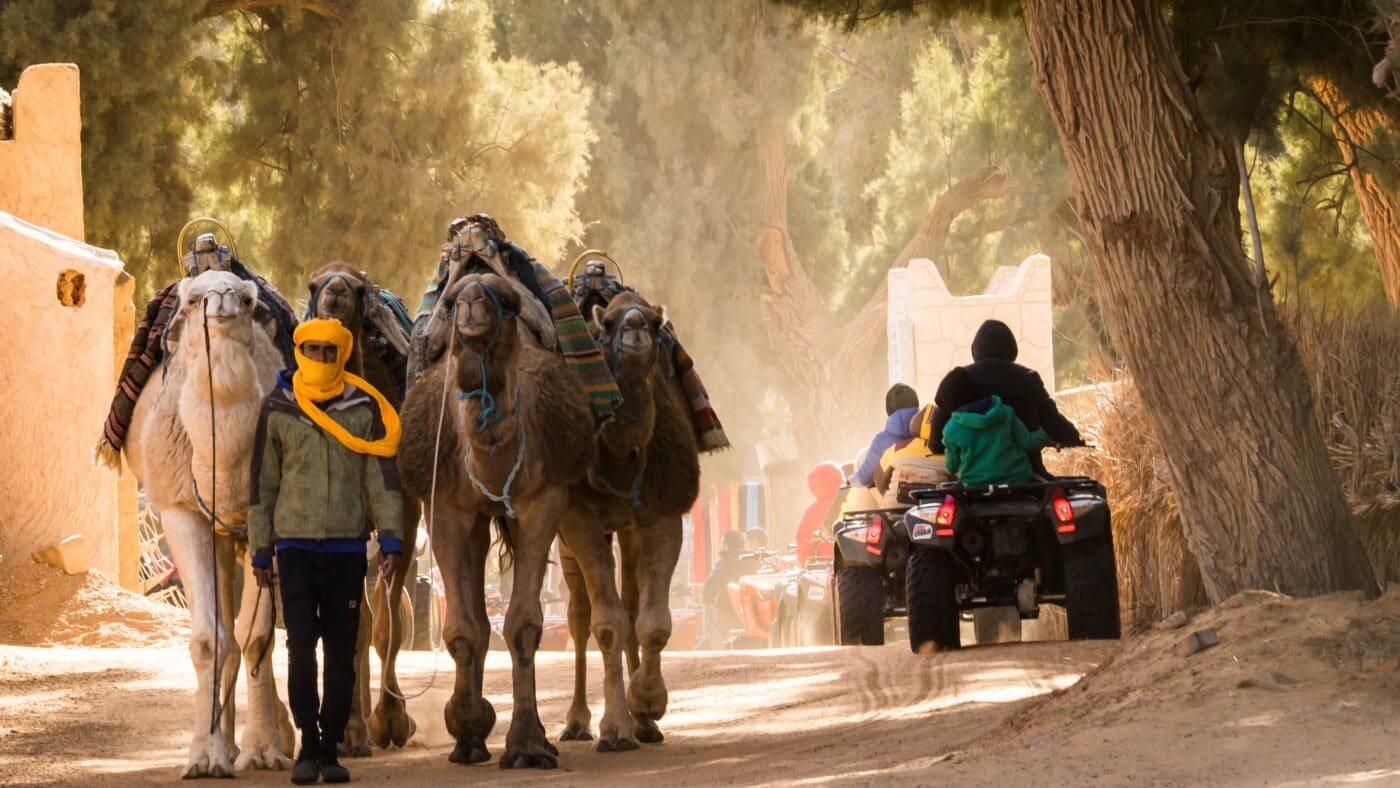
Tunisia
Hunger continues to be a pressing issue in Tunisia, affecting vulnerable populations due to rising food prices, limited access to resources, and climate change.
Population of Tunisia
of Tunisians live below the poverty line
of children under 5 and pregnant and nursing women suffer from anaemia
Struggling Economic growth
Since the 2011 revolution that sparked the Arab Spring, Tunisia has faced significant challenges despite initial hopes for political and economic reform. Tunisia’s economy has struggled to recover and poverty remains a pressing issue, due to inequity and limited social safety nets. Food insecurity and hunger persist, affecting vulnerable populations due to rising food prices, limited access to resources, and climate change-induced challenges.
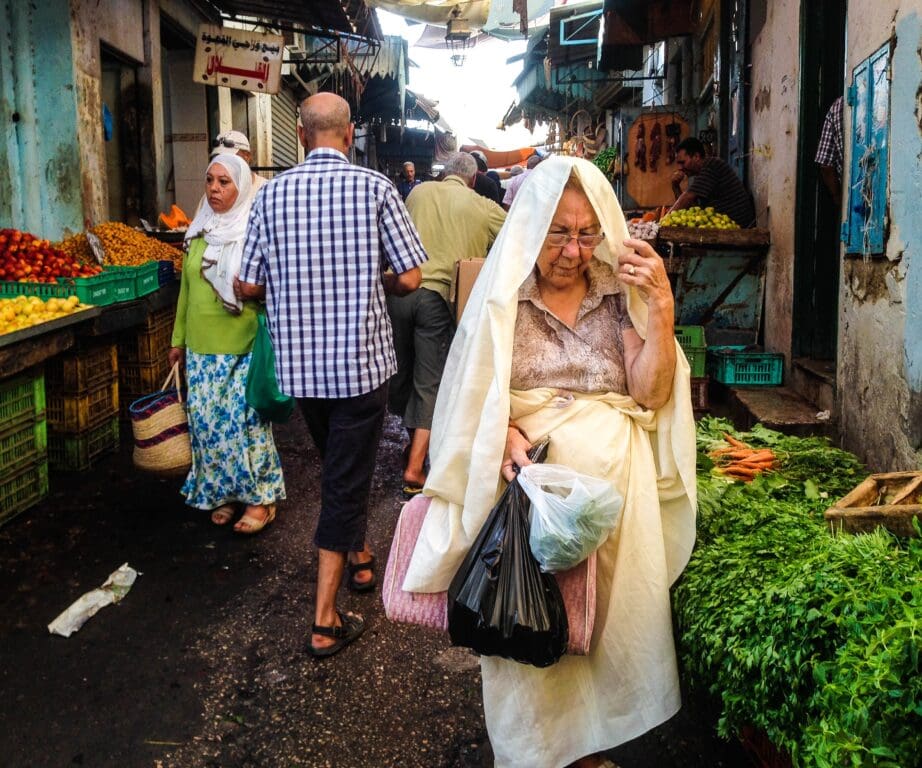
WFP’s Work in Tunisia
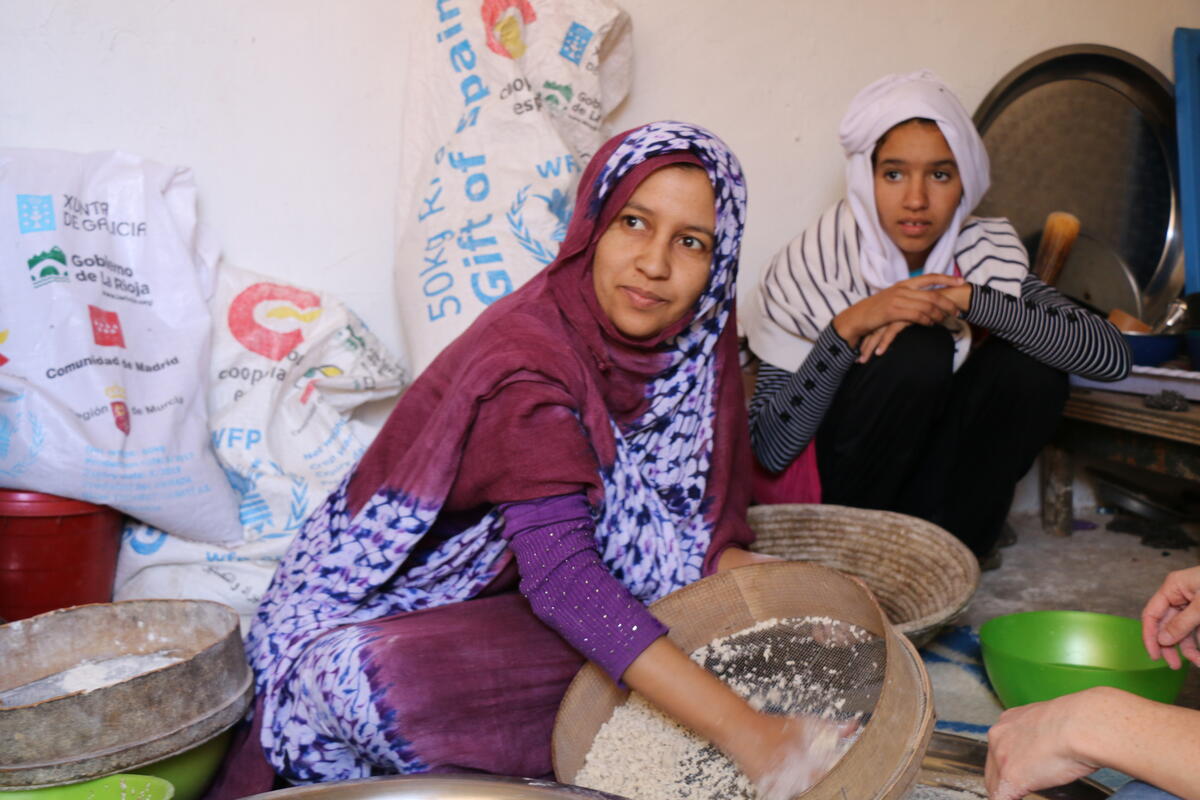
WFP is advocating for gender equality and for sustainable food systems, notably for the socioeconomic empowerment of rural women.

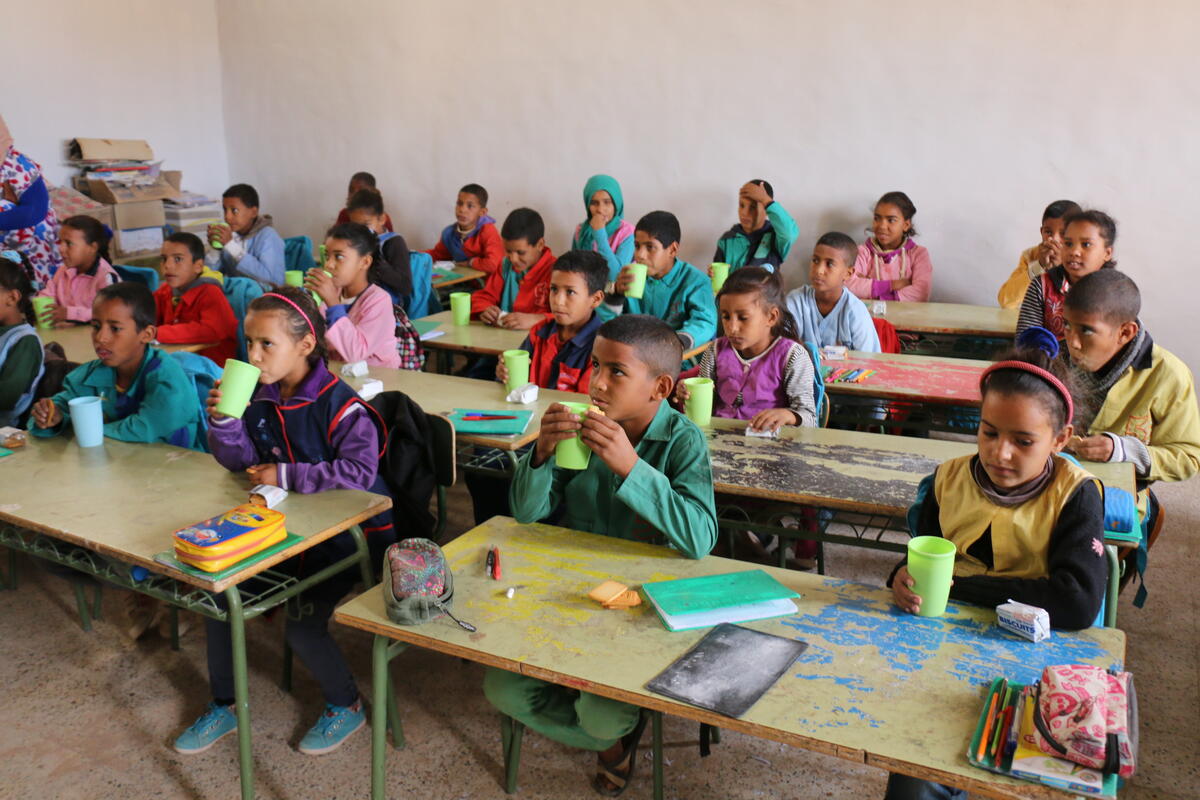
Up to 30 percent of the food served in school canteens is sourced from school gardens tended by community-based organizations.

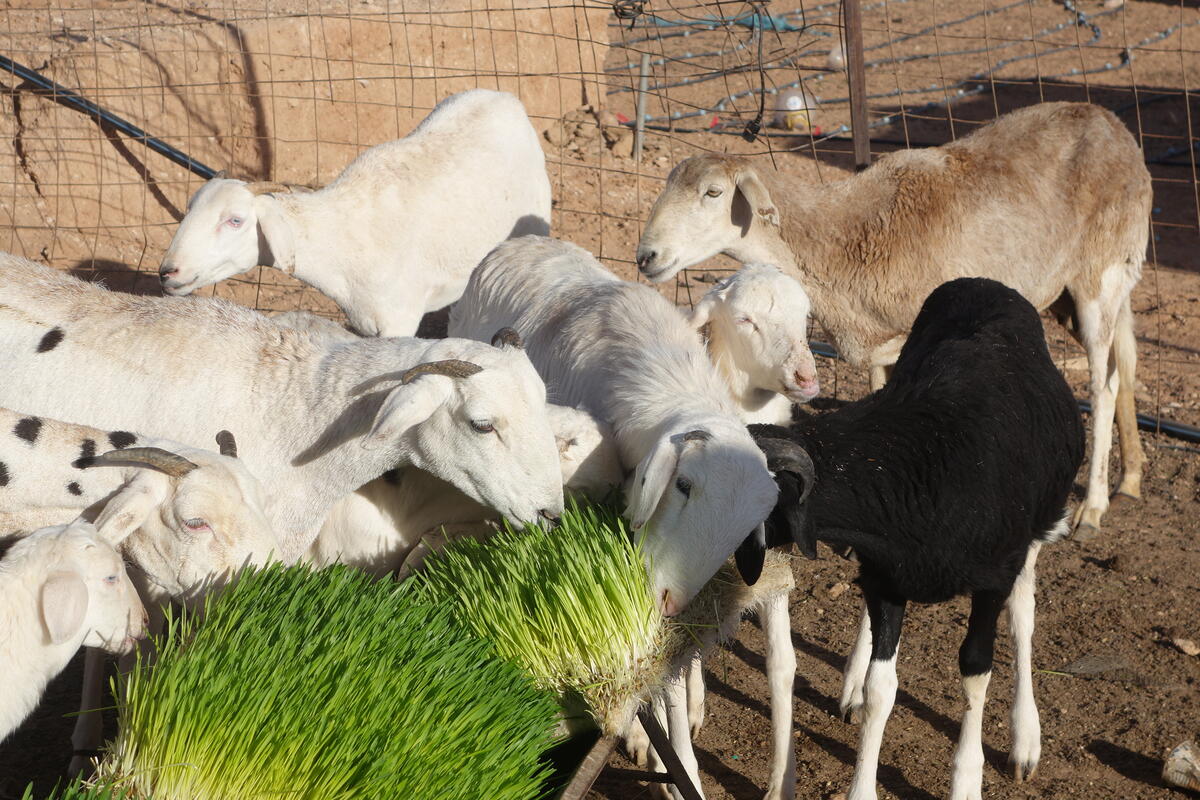
WFP supports strengthening the resilience of smallholder farmers to promote the use of locally produced foods, contribute to job creation and enhance local economies.

Help Save Lives Today
Give to send food to vulnerable people in Tunisia and other countries around the world.